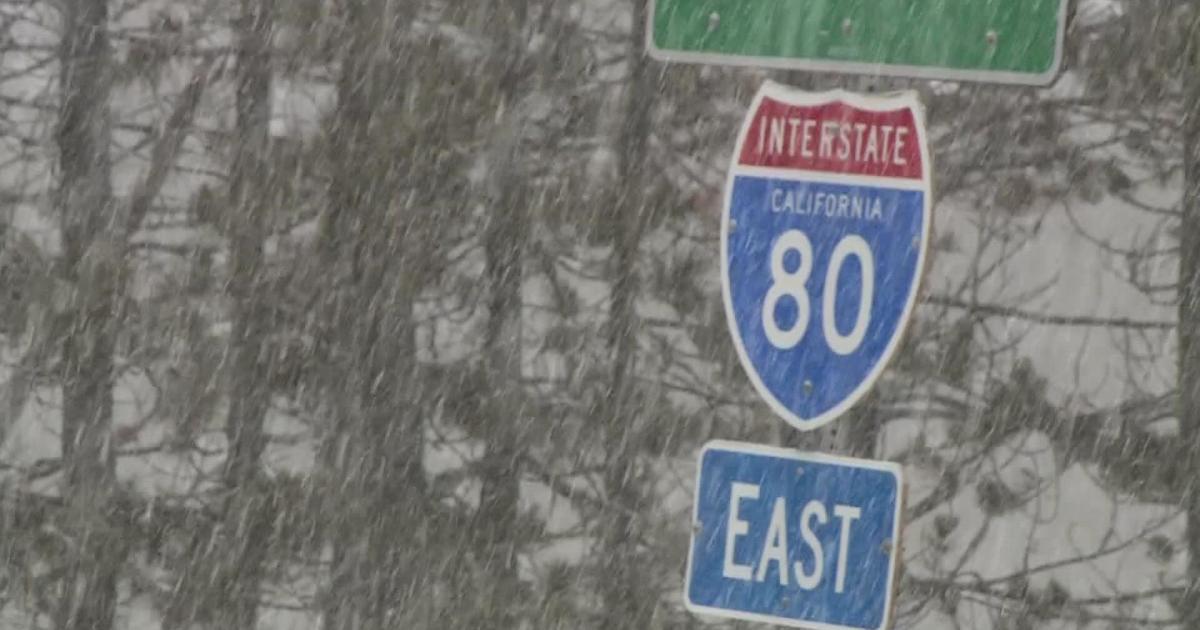Climate Connection: Bringing the horned lizard back to North Texas
FORT WORTH (CBSNewsTexas.com) — The horned lizard is a Texas icon.
Around the Fort Worth area, this is largely due to it being the mascot for Texas Christian University, even though the name of the species isn't "horned frog," nor are they amphibians.
Although you may see purple fans roaming around Fort Worth, the lizard itself is not part of the city's landscape.
Currently, Earth is in the midst of its sixth mass extinction event. Human expansion across the planet—along with pollution and hunting—has wiped out the homes of various plants and animals on an unprecedented scale.
Horned lizards are labeled a "threatened" species. Their habitat continues to shrink as people and farms take over the wild prairie, the ideal biome for horned lizards. Before Europeans showed up to the plains, these creatures could be found as far east as Louisiana and Arkansas.
These days, their range has been shrunk to the west of North Texas. In today's conditions, they are more commonly found living along a line from Wichita Falls to Abilene and west.
There are ongoing efforts to bring these creatures back east. Both the Fort Worth and Dallas zoos have breeding programs. Texas Parks and Wildlife release baby horned lizards in places where the prairie has been restored in public lands.
What can be done at home to help the return of the state reptile?
There is a seed mix that can be planted in a backyard that duplicates the native habitat of the horned lizard. The seed mix was created by Dusty Rhodes of Native American Seed.
The hope is that by establishing a string of prairie oases, horned lizards could find their way back east. This approach would see results within a decade timespan, and would require establishing wildlife corridors. Providing a place for horned lizards would increase other wildlife populations, of which also live in their environment.
Horned lizards are a bell-weather species, meaning they are the ones that are first to leave a stressed biome and the last to return to a restored one. Because of this, if they can return to North Texas, it likely means other prairie wildlife has done so as well.







